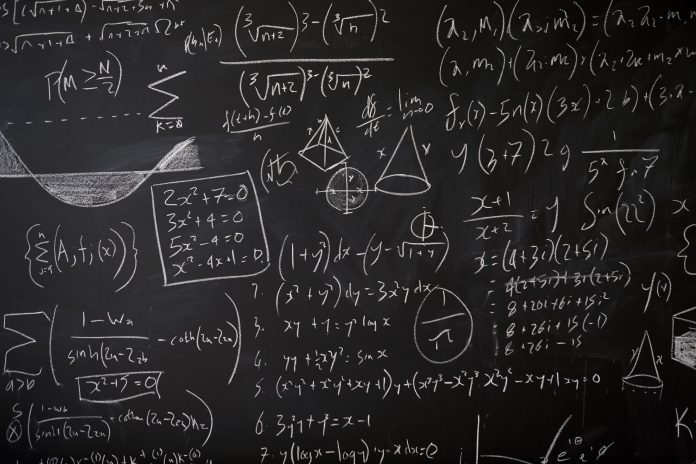The research team at Karolinska Institutet found that visual working memory and reasoning tasks helped children with mathematics skills
Throughout the pandemic, teachers have been working to translate concepts over Zoom and keep children learning. A group of scientists figured out how to conduct long-range biological experiments, while others worked on fighting discrimination in their student populations.
But maths holds a special place in the hearts of many, for being a difficult thing to both teach and learn.
Spatial ability has long been linked to the capacity to perform well in science, technology, engineering and mathematics. Employers in these fields sometimes use spatial tests as part of their hiring process, specifically using sequences. Some schools, to test the capacity of students before accepting them, will run a spatial or shapes-based test as part of their entrance exam.
Corresponding author Torkel Klingberg, professor in the Department of Neuroscience, Karolinska Institutet, said: “In this large, randomized study we found that when it comes to enhancing mathematical learning in young children, the type of cognitive training performed plays a significant role.
“It is an important finding because it provides strong evidence that cognitive training transfers to an ability that is different from the one you practiced.”
How did the scientists test them?
Over 17,000 Swedish schoolchildren between the ages of six and eight completed cognitive training via an app for either 20 or 33 minutes per day over the course of seven weeks. In the first week, the children were given identical exercises, after which they were randomly split into one of five training plans.
In all groups, children spent about half of their time on mathematical number line tasks. The remaining time was randomly allotted to different proportions of cognitive training in the form of rotation tasks (2D mental rotation and tangram puzzle), visual working memory tasks or non-verbal reasoning tasks (see examples below for details). The children’s math performance was tested in the first, fifth and seventh week.
What training tasks were used in the study?
- In a number line task, a person is asked to identify the right position of a number on a line bound by a start and an end point. Difficulty is typically moderated by removing spatial cues, for example ticks on the number line, and progress to include mathematical problems such as addition, subtraction and division.
- In a visual working memory task, a person is asked to recollect visual objects. In this study, the children reproduced a sequence of dots on a grid by touching the screen. Difficulty was increased by adding more items.
- In a non-verbal reasoning task, a person is asked to complete sequences of spatial patterns. In this study, the children were asked to choose the correct image to fill a blank space based on previous sequences. Difficulty was increased by adding new dimensions such as colours, shapes and dots.
- In a rotation task, a person is asked to figure out what an object would look like if rotated. In this study, the children were asked to rotate a 2D object to fit various angles. Difficulty was moderated by increasing the angle of the rotation or the complexity of the object being rotated.
Reasoning has largest positive impactive on maths
Despite past studies recording a mixed output, the team found that this group mostly improved on their maths skills. They also realised that reasoning training had the largest positive impact, followed by working memory tasks.
Both reasoning and memory training significantly outperformed rotation training when it came to maths improvement. However, they also observed that the benefits of cognitive training could differ threefold between individuals. This would explain why previous studies were so mixed in output.











